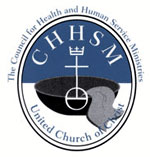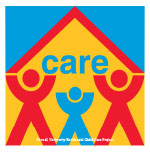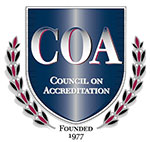PROGRAMS
GET INVOLVED
SUPPORT OUR MISSION

Imagine…
Who would you call if your car broke down, or you needed a ride to school/or work?
Who would you call if you needed money to pay a bill or a place to sleep?
Who would you call to ask for life advice?
Did you imagine your parents or your best friend? Your pastor? Your coach? What if you grew up in foster care, who is that individual a young person can depend on once they have aged-out of care?
Imagine...
When individuals imagine foster care, they tend to picture, opening their hearts and homes to a baby or younger child(ren). Individuals believe that bringing a baby or younger child into their homes comes with less trauma and baggage, and creates a higher likelihood of attachment and bonding. However, while there may be some truth to this, the older a child becomes while moving through the foster care system, the less likely he/she will find permanency. Older youth are equally in need of love, support, and encouragement that a family provides.
There are over 400,000 youth in foster care annually, with nearly half of them at age 14 or older. The reality is that more than 20,000 children will leave foster care without a family or a support system. Age 18 or 21 (aging-out differs from state-to-state) is not a magical number that bestows wisdom upon an individual, and suddenly a person becomes all-knowing. Although society legally defines 18 as the age of majority, research and studies show that the adolescent brain continues to grow and adapt well into the mid-to-late 20s. This rapid growth during adolescence is a critical time as youth are forming neural connections responsible for reasoning, decision making, and impulse control. Adolescence is challenging to navigate with a support group in place; however, youth in care without supportive adult connections will find it harder to transition into adulthood successfully.
The ILO program places individuals on a graduated-course toward self-sufficiency to prepare youth for adulthood. Eligible individuals must have achieved a GED or received a high school diploma, be working, and be in a stable placement in foster care. The youth's case manager will recommend them to the ILO program for life skills training. ILO Case Managers see individuals twice a month to create detailed plans for their future. Goals are mutually set together regarding the youth's budgeting/finances, housing, employment, education, and parenting classes. Plans of action are established and are continually reevaluated to meet the needs of our young adult. While ILO is helping youth chart a successful path toward adulthood, support is a vital and necessary part of their success.
An essential part of ILO is helping emerging adults find and cultivate support systems. In this world, we were not created to walk alone but to walk alongside our support systems and family. Would you consider walking alongside an older foster child in care? Every child deserves a chance to have a family, today and forever. For more information on foster care and programs for emerging adults, call 618.688.4727 or visit https://hoyleton.org/programs/young-adult-care/.
*National Conference of State Legislatures. "Supporting Older Youth In Foster Care." May 2, 2019. URL: http://www.ncsl.org/research/human-services/supports-older-youth.aspx.
Video to use from Youtube: https://www.youtube.com/watch?v=AaW-ybG6oX0&feature=emb_title


